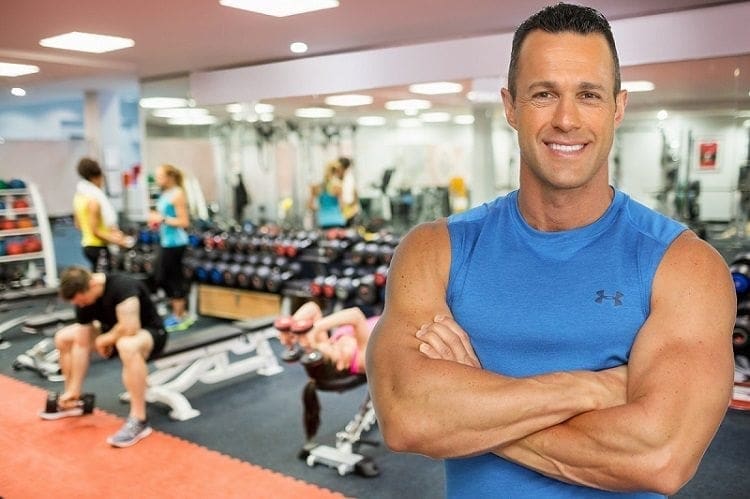I believe in a world where people don’t have to trade one harmful addiction for another. Far too often in the sober community, individuals replace drugs and alcohol with sweets, nicotine, or other unhealthy cross-addictions. However, I am convinced that a commitment to great health is a critical component of long-term sobriety. My personal platform for maintaining sobriety is centered on constantly improving my physical, mental, emotional, and spiritual health.
Getting Started with Physical Fitness
If you’re new to fitness, begin with something as simple as walking. The best time to start? Right now! You don’t need a gym membership, a treadmill, or fancy equipment—just your own two feet and some fresh air.
If you struggle with consistency, consider finding a personal trainer or a workout partner, ideally someone who is also in recovery. Together, you can map out a realistic game plan.
To identify what’s holding you back, write down your obstacles on one side of a piece of paper and a logical solution for each on the other. Visualize your desired outcome—better health, freedom from negative coping mechanisms, and the many rewards of great fitness.
Remember: Become addicted to your process, not your progress. Fitness is a marathon, not a sprint. Exercising for 20 minutes a day consistently is far more effective than a four-hour session once a month. The key to success is consistency.
Why Fitness Is Critical for Recovery
When an addict begins their recovery journey, their body and mind often work against them. The brain craves the endorphins that substances once provided, while everyday stressors can amplify cravings. Recovery becomes a battle between the addict and these cravings.
This is why staying physically active is so important. Exercise releases natural endorphins, reduces stress, and provides a healthy outlet for managing cravings. A consistent fitness routine can significantly influence an addict’s ability to maintain long-term sobriety.
Where to Begin Your Fitness Journey
Affordable Options
Gym memberships today are more affordable than ever—some cost as little as $10 a month. Look for a gym near your home or workplace that feels welcoming and comfortable for you.
If the gym isn’t your thing, explore outdoor options such as local parks, beaches, or playgrounds. For those who prefer to work out at home, consider investing in a set of used weights and following reputable fitness tutorials on YouTube.
Consider Hiring a Personal Trainer
If it’s within your budget, hire a personal trainer who is deeply committed to their own fitness journey. Ideally, find a trainer who supports individuals in recovery or is in recovery themselves. Personal trainers provide safety, accountability, and the motivation to push you beyond your limits.
Whatever your preference, make fitness a non-negotiable part of your weekly routine. Don’t make excuses—YOU CAN DO IT!
Fitness as a Daily Ritual
Fitness is a cornerstone of my recovery. It’s as integral to my daily routine as brushing my teeth. Some days, I have just 45 minutes to work out; on others, I dedicate several hours to my fitness and recovery.
I train at a small, personal training gym where I work one-on-one with a supportive trainer who shares my commitment to high moral standards and achieving fitness goals.
Paying It Forward
My love for fitness and helping others in recovery inspired me to become a personal trainer. This past summer, I had the incredible opportunity to work as a personal trainer at Passages in Southern California, where I began my rehab journey in 2015.
Returning to the place where my sober journey started was a humbling experience. Training those just beginning their own recovery allowed me to “pay it forward,” turn a mess into a message, and show others how fitness can play a significant role in achieving long-term sobriety.
Final Thoughts
Fitness is not just about looking better; it’s about feeling better and embracing a healthier, more fulfilling life. Whether you’re just starting your journey or looking for new ways to stay committed, remember that every step forward counts.
Sober Coaching
Sober Coaching is dedicated to helping individuals navigate their journey to recovery through personalized coaching and proven strategies. Our experienced coaches provide guidance, accountability, and support tailored to your unique needs, empowering you to achieve lasting sobriety and a fulfilling life.
We offer one-on-one coaching, recovery planning, and resources designed to help you stay focused and committed to your goals. Whether you’re starting your journey or seeking ongoing support, Sober Coaching is here for you every step of the way.
Discover how Sober Coaching can support your recovery. Contact us today to get started.
Tags: best, Fitness, gym, recovery, transformation
